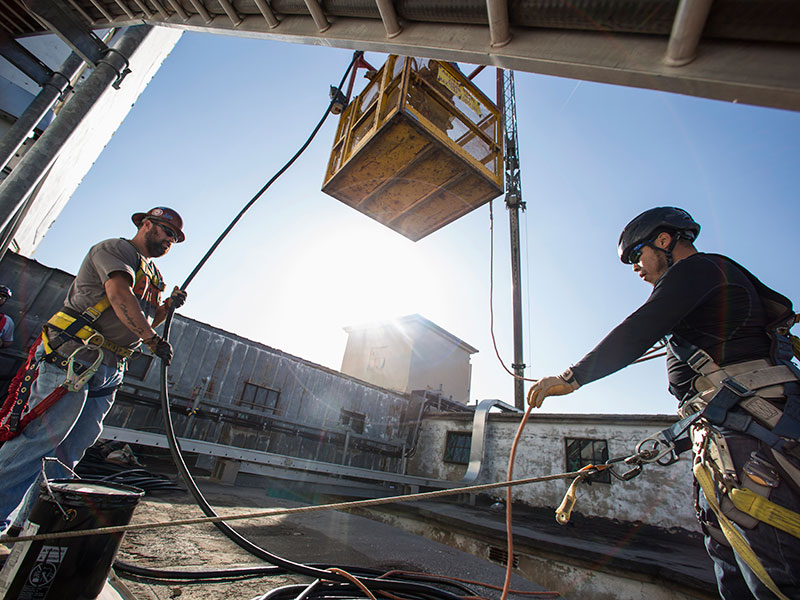
Productivity within the US economy has declined for the third quarter in a row. New data released by the US Bureau of Labour Statistics (BLS) has shown that in the second quarter of 2016, productivity fell by 0.5 percent. While US economic output increased by 1.2 percent in Q2 of 2016, the number of hours worked in the US economy grew by 1.8 percent.
The three-quarter-long streak in declining productivity is the longest since 1979. Overall, productivity is down by 0.4 percent from the previous year, meaning that the US has also seen its first year-over-year productivity decline since 2013.
As the BLS noted: “From the second quarter of 2015 to the second quarter of 2016, productivity decreased 0.4 percent, the first four-quarter decline in the series since a 0.6-percent decrease in the second quarter of 2013.”
While the US has seen strong employment gains, the latest figures on declining productivity raise questions over the likeliness of a Federal Reserve rate hike
The figures also represent a long-term decline in US productivity, with the BLS also noting that “the average annual rate of productivity growth from 2007 to 2015” stood at “1.2 percent to 1.3 percent per year”. This “remains well below the long-term rate from 1947 to 2015 of 2.2 percent per year”.
Productivity is a key component of wage growth and rising living standards. Supposed sluggish wage growth continues to be a major source of contention in the US – and this declining productivity is likely to further fuel this trend (although wages have edged up slightly, of late).
While the US has seen strong employment gains, the latest figures on declining productivity raise questions over the likeliness of a Federal Reserve rate hike anytime soon.


